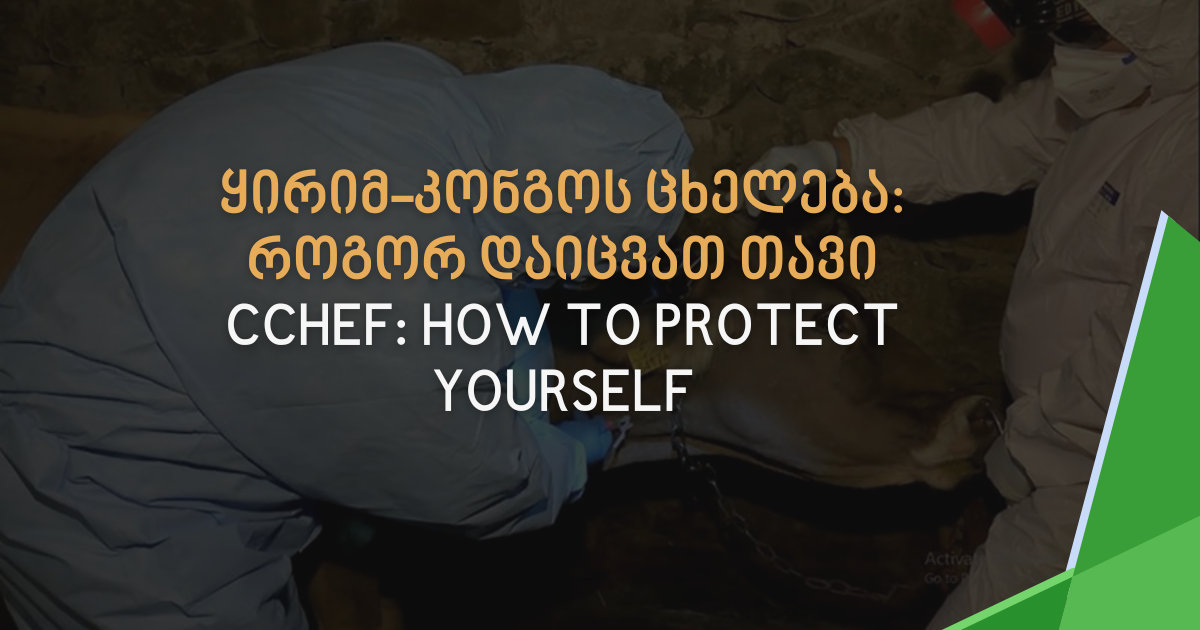
Crimean-Congo Hemorrhagic Fever (CCHF) is one of the most dangerous viral diseases posing a serious threat to human life. It is caused by the tick-borne Nairovirus, part of the Bunyaviridae family. The disease is acute and often fatal - with a mortality rate ranging from 10% to 40%.
CCHF is endemic in parts of Africa, the Balkans, the Middle East, and Asia, with increasing reports in Turkey, Azerbaijan, Ukraine, and Georgia.
The virus is transmitted primarily by ticks, especially of the Hyalomma species, and can spread through:
Tick bites
Contact with infected animals (especially during slaughter)
Contact with infected human blood or bodily fluids
Farmers and livestock handlers
Slaughterhouse and veterinary staff
Medical workers in contact with infected patients
CCHF usually starts suddenly and may include:
High fever, muscle pain, headache, dizziness
Eye inflammation, nausea, vomiting, diarrhea
Skin and mucosal bleeding
Hepatitis, liver enlargement, kidney failure
The average fatality rate is around 30%. Recovery may take weeks or months.
There is no vaccine against CCHF. Prevention and biosecurity are the most effective protection methods.
For people:
Wear long, light-colored clothing outdoors
Use acaricides and repellents on skin and clothes
Inspect your body regularly after outdoor activity
Use gloves and protective gear when handling animals
For animals and farms:
Apply acaricides to livestock
Disinfect shelters and grazing areas
Quarantine animals at least 2 weeks before slaughter
To help ensure biosecurity and tick control, Biotecsi offers:
A broad-spectrum disinfectants for barns and pastures
A fast-acting antiseptics against major pathogens
Veterinary acaricides for direct use on animals
"Biosecurity begins with awareness and action. Every farmer, veterinarian, and agricultural worker has the responsibility to protect themselves, their animals, and their communities."
— Dr. Mikheil Chichakua
Want to know more or distribute our biosecurity products?
📞 Contact us for prices and partnership opportunities:
info@biotecsi.ge | (032) 240 77 95